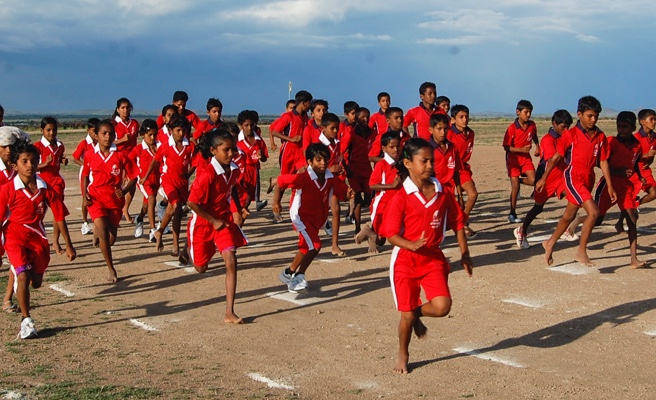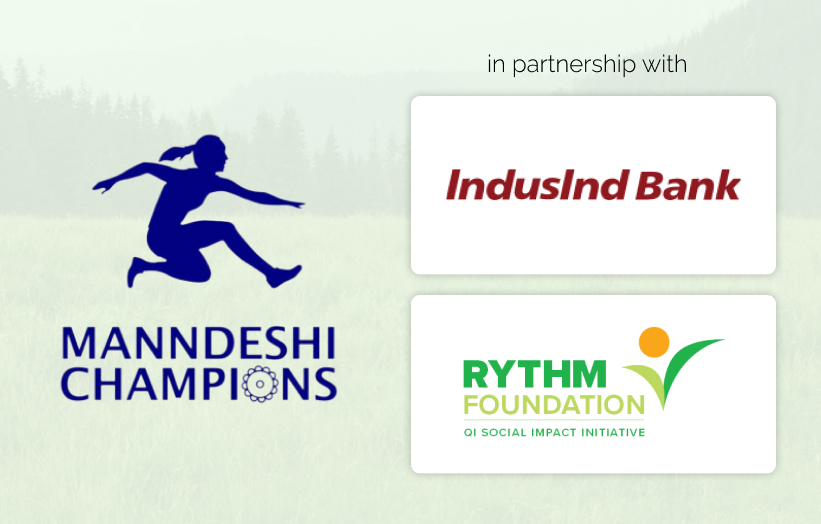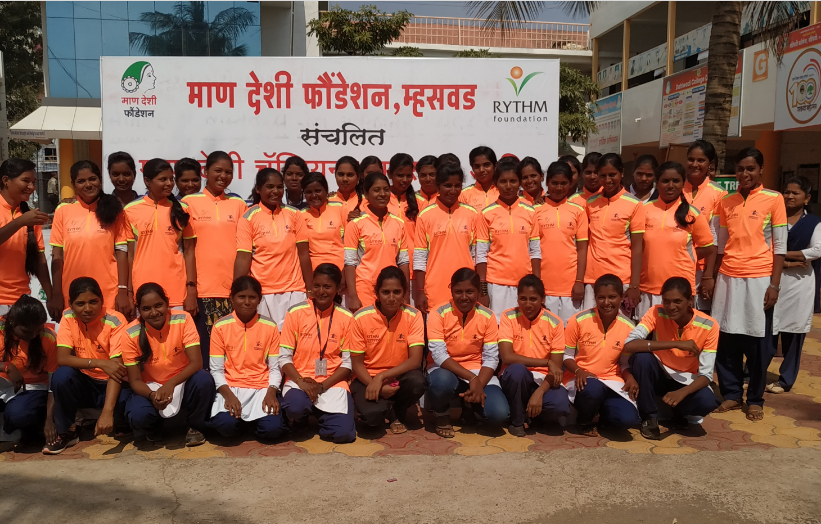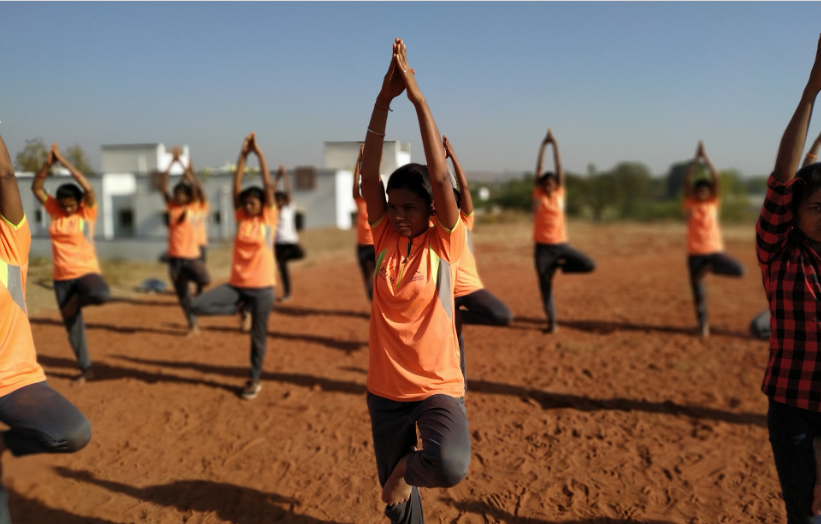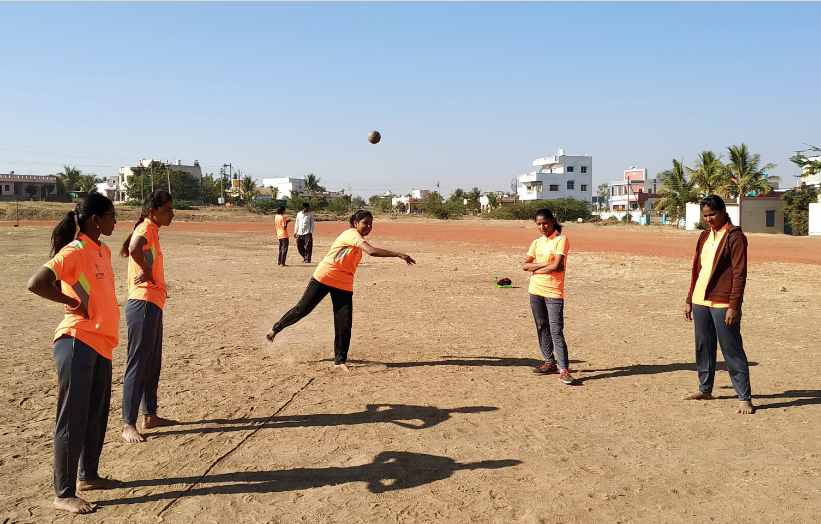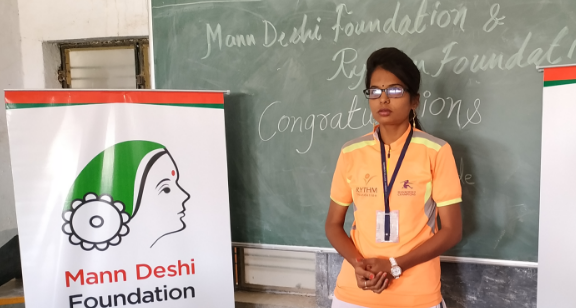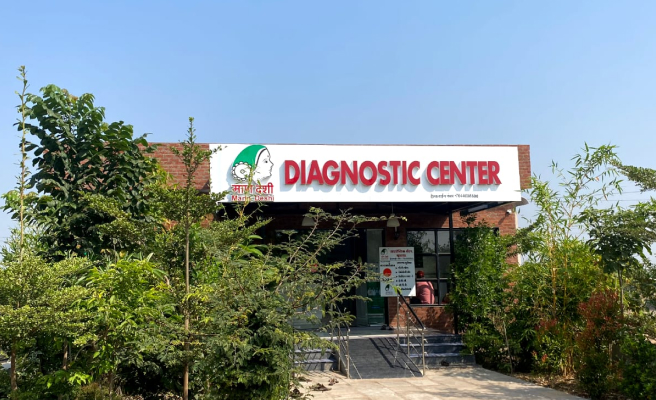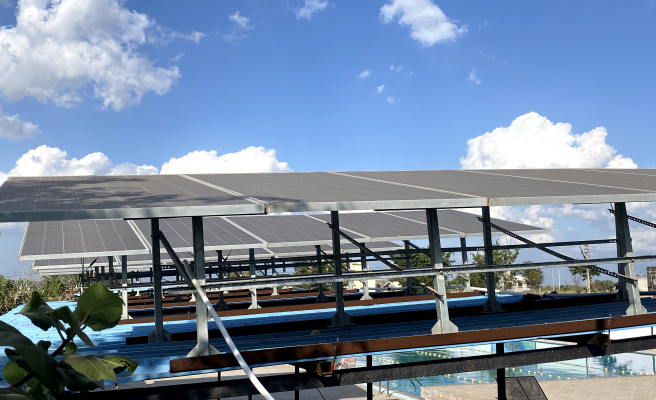WE AIM TO
Boost self confidence in adolescent girls and young women from marginalized and vulnerable communities
Help them become financially literate and money confident to pursue their personal and professional goals
Make banking services more accessible to the youth
To promote skill development opportunities among adolescent girls and young women
Develop soft skills necessary to become job ready
Stop child marriages and prevent early marriages
To reduce the dropout rate of school going girls
Make young women conscious, aware and engaged through workshops on various social, economic and civic issues
Remove distance and dependency as an obstacle to access education
Save time on daily commute to schools and for other activities
To make boys and young men allies in women empowerment
Give adolescent girls and young women a platform to showcase their talents and opinions
"I remember the case of a student whose father was too poor to buy her a bicycle and because her home was so far from our school, he wanted her to drop out. But because of the Mann Deshi bicycle she was able to continue. She's now pursuing a medical degree."
Chanda Mane, Principal, Gyan Vardhini High School









